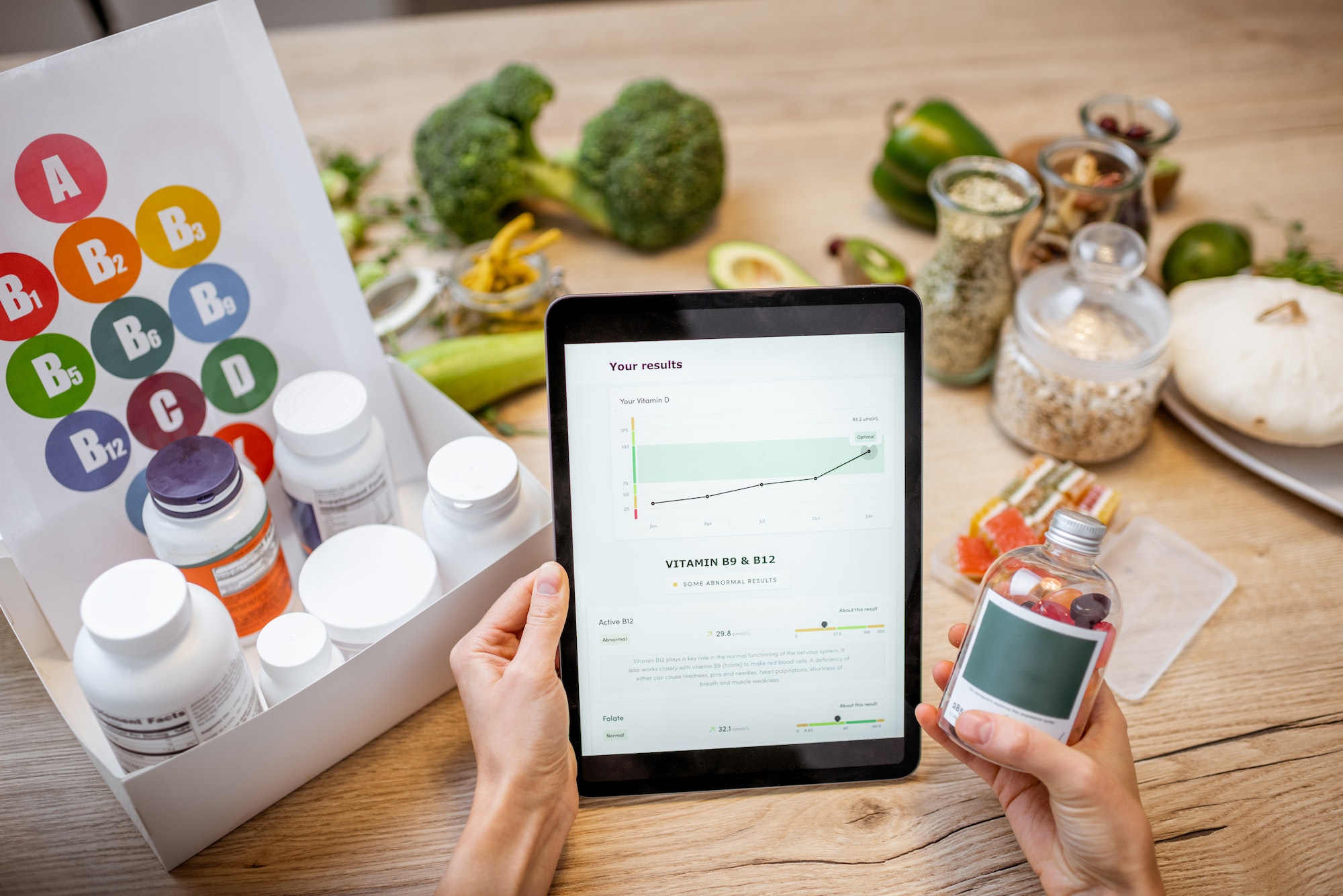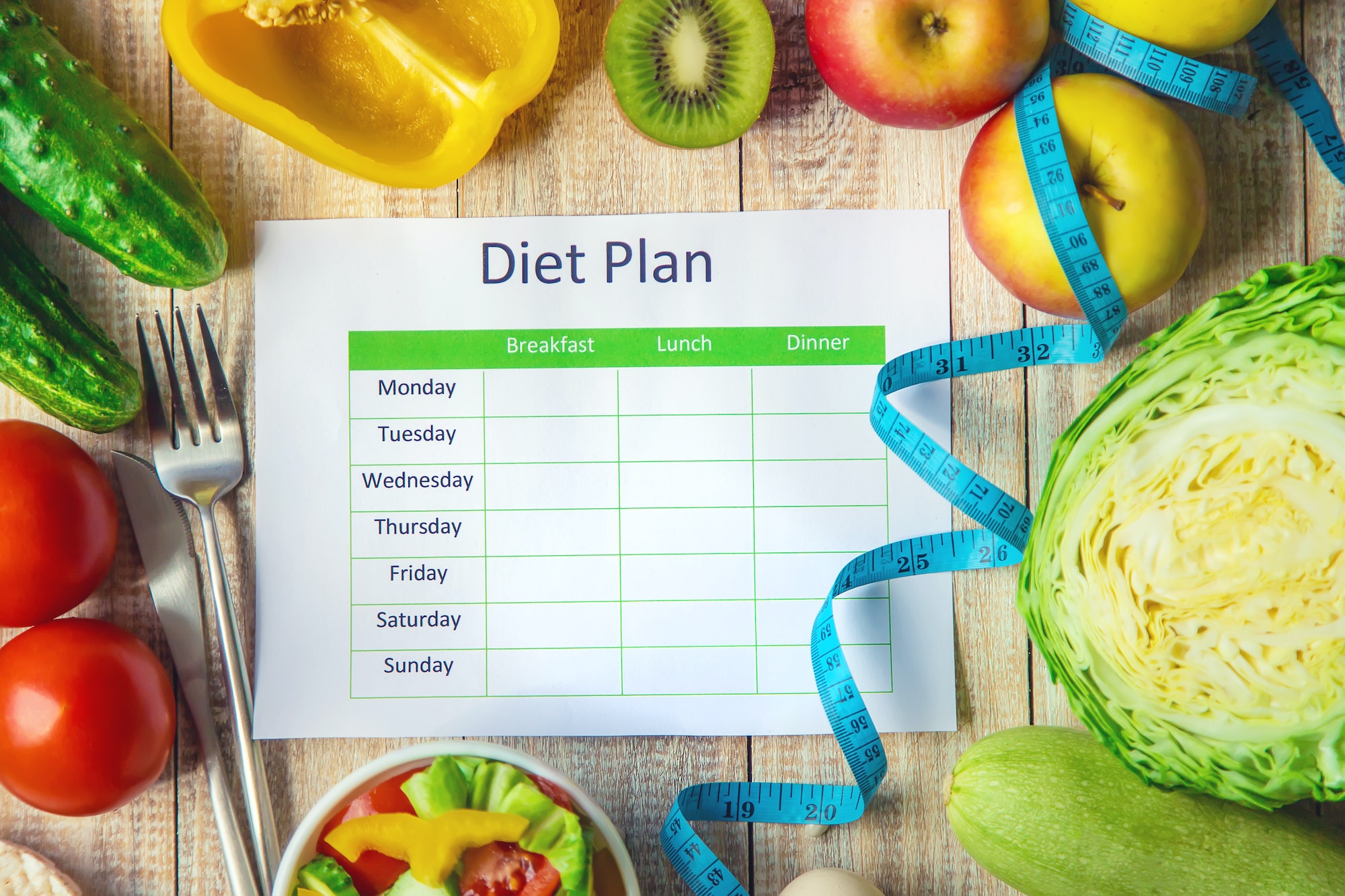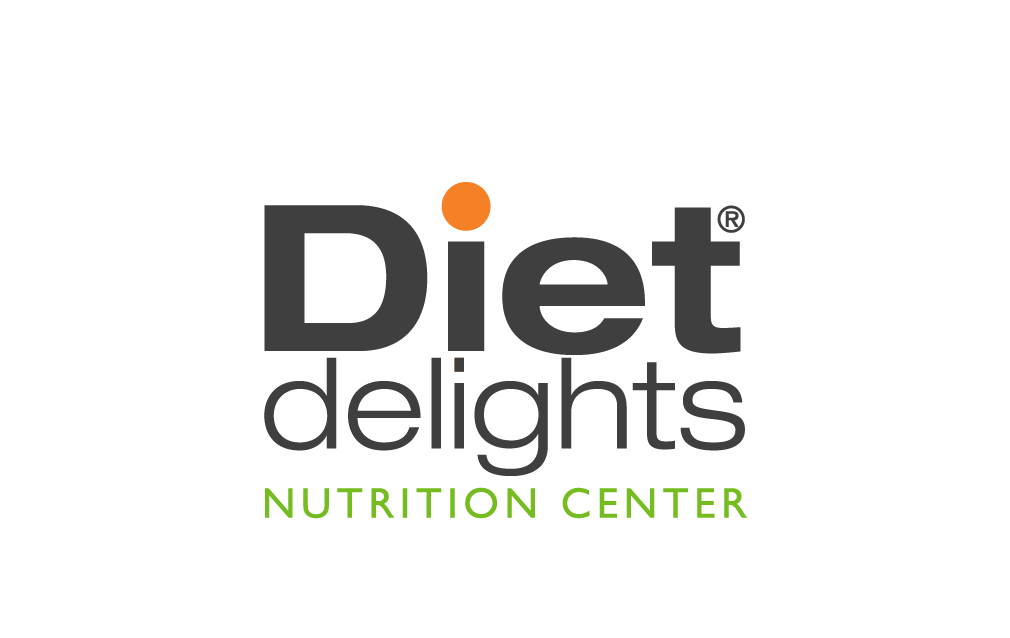
Introduction
Protein is often referred to as the building block of life, playing a critical role in almost every function of the human body. From repairing tissues and supporting immune health to producing essential enzymes and hormones, protein is indispensable for optimal health. Yet, many people still underestimate its importance in their daily diet. In this blog, we’ll explore why protein is essential, how much you need, and the best sources to ensure your body functions at its best.
What protein and why is it important?
Proteins are intricate molecules composed of amino acids, serving as vital components for numerous bodily functions, such as:
- Muscle Repair and Growth: This is particularly for athletes and active individuals.
- Enzyme Production: Supporting digestion and metabolic processes.
- Immune Function: Antibodies, which fight off infections, are proteins.
- Hormone Regulation: Proteins like insulin regulate vital processes in the body. Without adequate protein intake, these essential functions can be compromised, leading to fatigue, weakened immunity, and slower recovery from injuries.
Types of Protein Sources
Proteins come from a variety of sources, broadly categorized into animal-based and plant-based proteins:
- Animal-Based Proteins: Chicken, fish, eggs, dairy products.
- Plant-Based Proteins: Lentils, chickpeas, quinoa, tofu, beans.
- Protein supplements: such as whey, casein, and plant-based powders, each offer unique benefits. While both animal-based and plant-based proteins have their advantages, a combination of the two can provide a complete profile of essential amino acids, supporting your overall health and fitness goals.


How Much Protein Do You Need?
Protein requirements vary depending on factors such as age, lifestyle, and overall health. On average, the recommended daily intake includes:
- Inactive Adults: 0.8 grams of protein per kilogram of body weight.
- Active individuals: typically require between 1.2 to 2.0 grams of protein per kilogram of body weight.
- Athletes: 1.6–2.4 grams per kg of body weight. Consulting a nutritionist can help tailor your protein intake to your specific needs.
Signs of Protein Deficiency A lack of sufficient protein intake can result in several health complications, such as:
- Weak muscles and poor recovery after exercise.
- Hair loss and brittle nails.
- Increased hunger and cravings.
- Frequent illnesses resulting a compromised immune system.
Adding protein to your diet is simple and doesn't require much effort:
- Kickstart your morning with eggs or a protein-packed smoothie.
- Add chicken, fish, or tofu to salads.
- Snack on nuts, seeds, or Greek yogurt. For those with busy schedules, chef-prepared, protein-rich meals from services like Diet Delights offer a convenient and nutritious option.
Conclusion
Protein is crucial for everyone, not just athletes or bodybuilders. By recognizing its importance and choosing the right sources, you can improve your health, increase your energy, and enhance your overall well-being. Make protein a key part of your diet and feel the positive changes!
Subscribe For Free Recipes
Lorem ipsum dolor sit amet, consectetur adipiscing elit, sed do eiusmod tempor incididunt.
- Join the 10,000+ persons that choose healthy food
Our Contact
- 103, Al Nuaija Street, Al Hilal Area, Doha, Qatar
- info@dietdelights.com.qa
- +974 4419 6441
Timing
- Saturday to Wednesday - 9am to 7pm
- Thursday 8am to 5.30pm
- Friday Closed
Quick Links
Social Media
Diet Delight
Copyright © 2024 All rights reserved.


